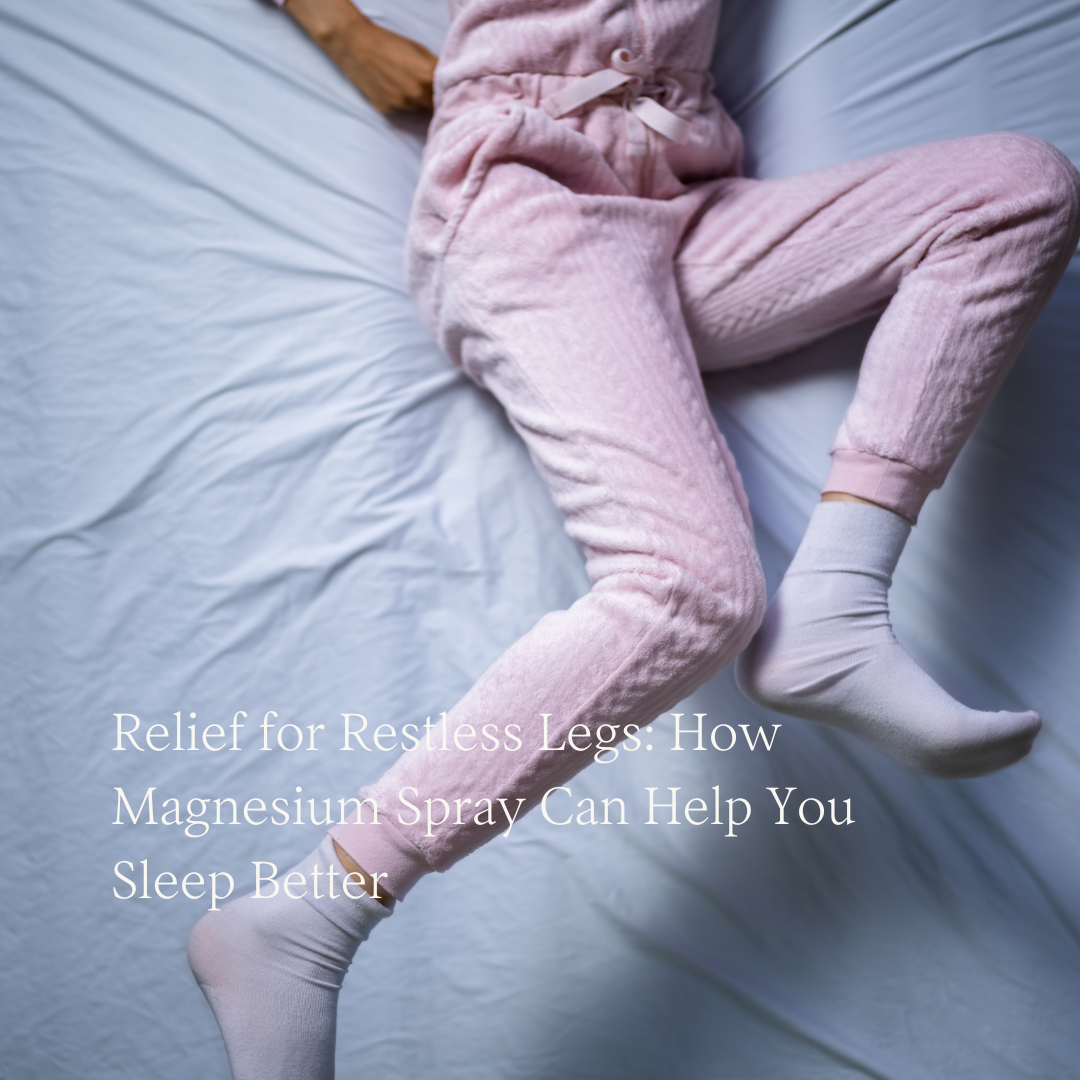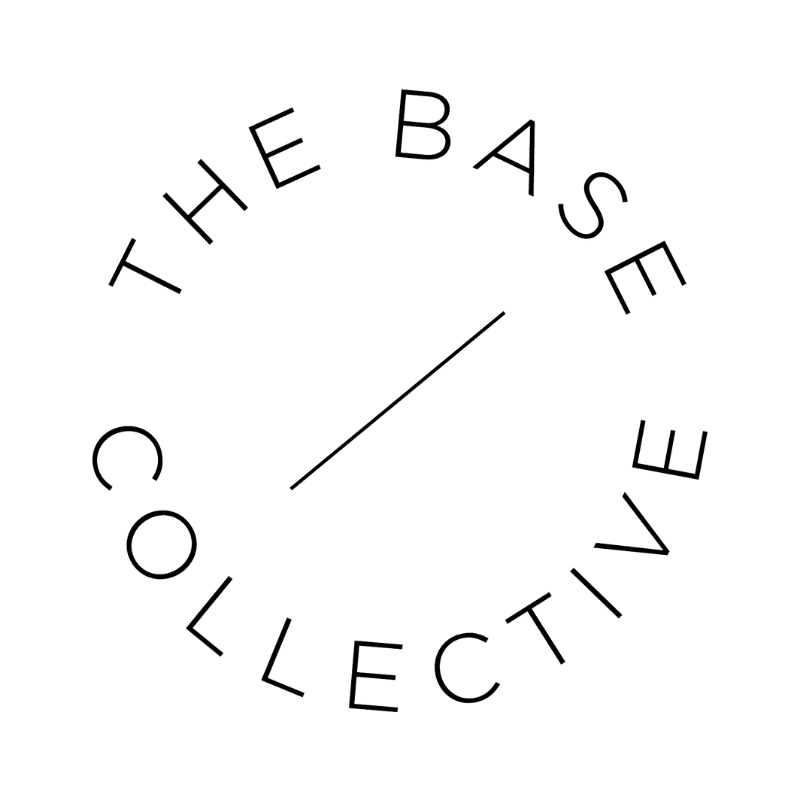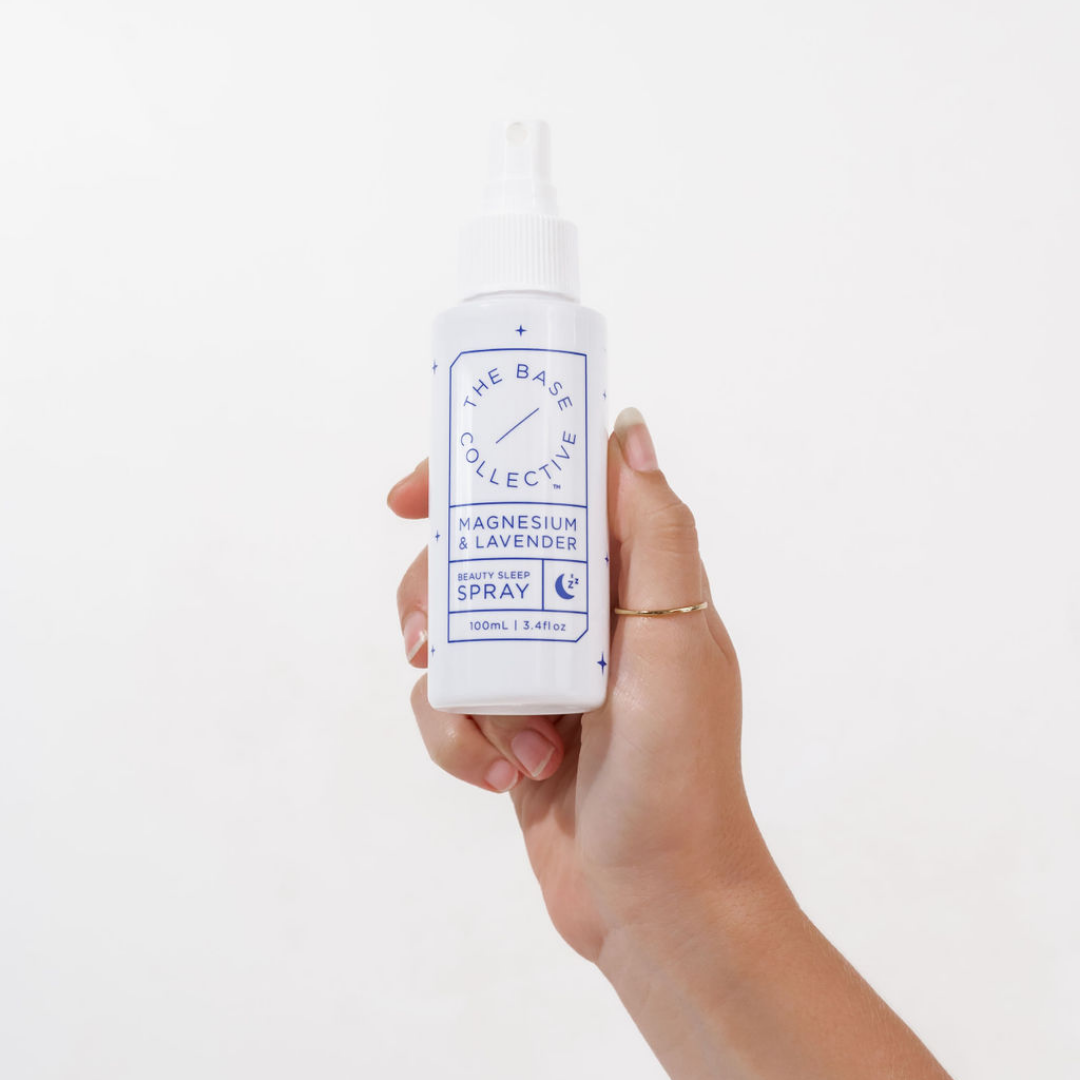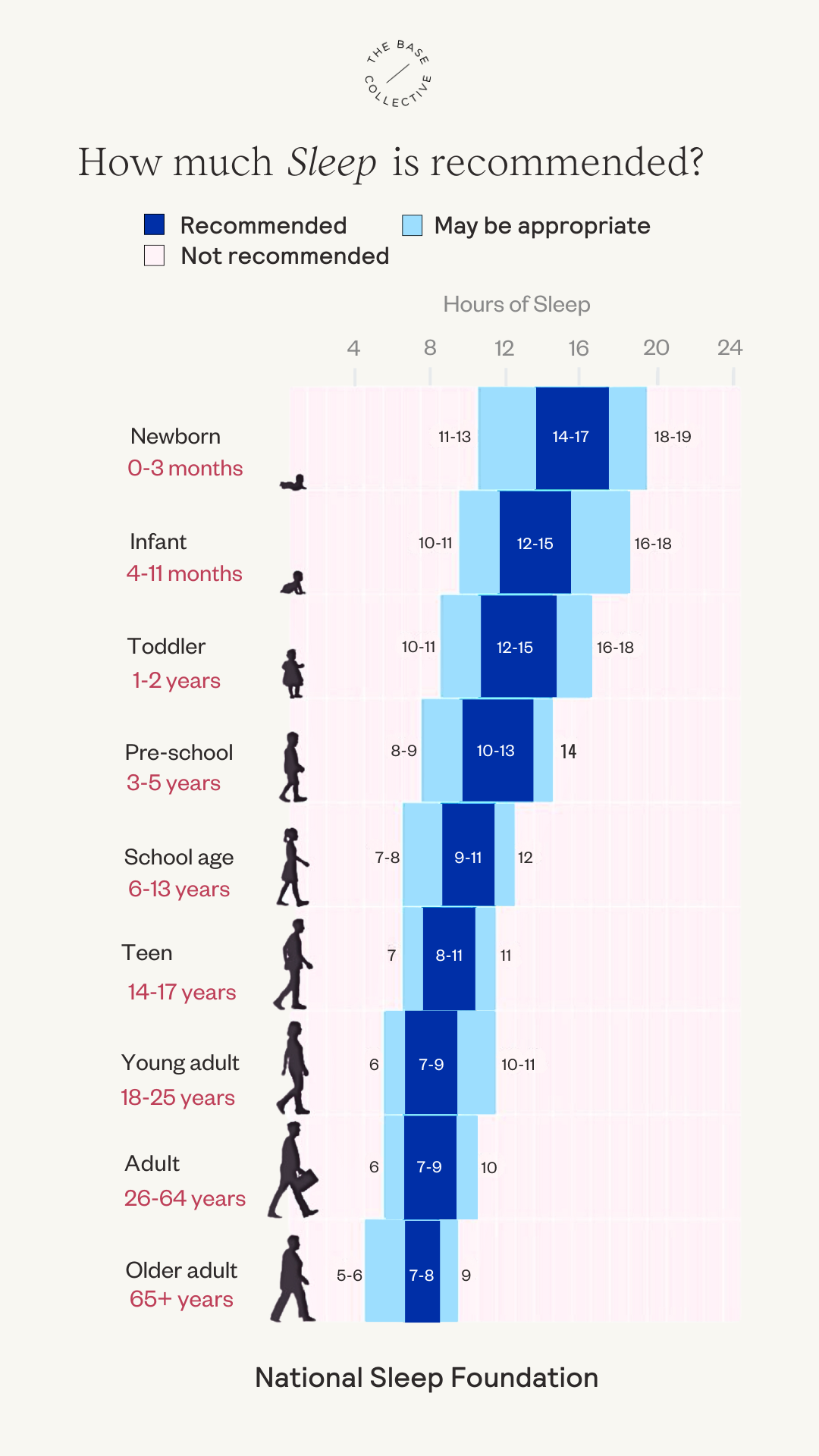
Relief for Restless Legs: How Magnesium Spray Can Help You Sleep Better
Restless Legs Syndrome (RLS) is a neurological disorder that causes an uncontrollable urge to move the legs, often accompanied by uncomfortable sensations. These sensations—described as crawling, tingling, pulling, or itching—tend to worsen during inactivity or at night, leading to sleep disturbances. While the exact cause of RLS remains unclear, increasing evidence suggests that magnesium deficiency may contribute to its development and severity. In this blog, we explore the connection between magnesium deficiency and RLS and how magnesium spray may help alleviate symptoms.
What is Restless Legs Syndrome?
Also known as Willis-Ekbom disease, RLS affects millions worldwide, ranging from mild to severe cases that significantly impact daily life. The primary characteristic of RLS is an irresistible urge to move the legs, often accompanied by uncomfortable sensations. These symptoms usually occur in the evening or nighttime, disrupting sleep and leading to chronic sleep deprivation and associated health concerns.
Symptoms of RLS
**Uncomfortable Sensations in the Legs:** Many describe sensations such as crawling, tingling, burning, or itching.
**Strong Urge to Move:** This urge helps relieve discomfort temporarily.
**Worsening During Rest:** Symptoms are more pronounced during inactivity, such as sitting or lying down.
**Increased Symptoms at Night:** RLS typically worsens in the evening, making it difficult to fall and stay asleep.
**Temporary Relief with Movement:** Walking or stretching often alleviates symptoms for a short period.
Causes of Restless Legs Syndrome
Though the exact cause of RLS remains uncertain, several factors may contribute:
**Genetics:** A family history of RLS suggests a genetic link.
**Iron Deficiency:** Low iron levels in the brain have been associated with RLS—consider checking your levels with a doctor.
**Dopamine Dysfunction:** This neurotransmitter controls muscle movement, and its disruption may play a role in RLS.
**Chronic Conditions:** Diabetes, kidney disease, and peripheral neuropathy have been linked to RLS.
**Medications:** Certain medications, including antidepressants and antipsychotics, can trigger or worsen symptoms.
**Pregnancy:** Hormonal changes during pregnancy, particularly in the third trimester, may cause temporary RLS.
The Role of Magnesium in Restless Legs Syndrome
Magnesium is an essential mineral involved in numerous bodily functions, including nerve transmission, muscle relaxation, and dopamine regulation. Studies suggest that magnesium deficiency may contribute to the development and severity of RLS symptoms.
Magnesium and Muscle Function
Magnesium is vital for muscle relaxation and contraction. A deficiency may lead to muscle cramps, spasms, and twitching—common symptoms of RLS. Maintaining adequate magnesium levels can support proper muscle function and potentially reduce RLS severity.
Magnesium and Nervous System Health
Magnesium regulates nerve signals and helps produce neurotransmitters, including dopamine. Since dopamine dysfunction is linked to RLS, maintaining sufficient magnesium levels may help support healthy nerve function and alleviate symptoms.
Magnesium and Sleep Quality
People with RLS often struggle with sleep disturbances. Magnesium promotes relaxation and calmness, aiding in better sleep. By supporting the body's natural sleep mechanisms, magnesium may help mitigate the sleep disruptions caused by RLS.
Magnesium Deficiency and RLS
Emerging research indicates that magnesium deficiency may be a contributing factor to RLS. Some studies suggest that individuals with RLS often have lower magnesium levels than those without the condition. Furthermore, magnesium supplementation has been found to improve symptoms in some cases.
Studies on Magnesium and RLS
A study published in the journal *Sleep* found that magnesium supplementation improved sleep quality in individuals with RLS. Participants who took magnesium experienced a significant reduction in symptoms and reported better sleep compared to those who took a placebo.
Another study in the *Journal of Research in Medical Sciences* found magnesium supplementation effective in reducing RLS symptoms in pregnant women. Researchers concluded that magnesium could be a safe and effective treatment option for managing RLS during pregnancy.
How Magnesium Spray Can Help with RLS
Magnesium spray, a topical form of magnesium, can be applied directly to the skin. This method provides an effective way to boost magnesium levels, particularly for those with difficulty absorbing magnesium orally. Here’s how magnesium spray can help alleviate RLS symptoms:
Direct Absorption
Magnesium spray is absorbed through the skin, bypassing the digestive system. This is particularly beneficial for individuals with digestive issues or poor magnesium absorption. Applying magnesium spray directly to affected areas allows for more efficient absorption and faster relief from RLS symptoms.
Muscle Relaxation
Magnesium spray helps relax muscles and reduce cramps, spasms, and twitching. By promoting muscle relaxation, it can alleviate the discomfort associated with RLS and decrease the urge to move the legs.
Improved Sleep
Applying magnesium spray before bedtime can promote relaxation and enhance sleep quality. By reducing RLS symptoms and fostering calmness, magnesium spray may help individuals achieve a more restful night’s sleep.
Easy Application
Magnesium spray is simple to use and can be applied directly to the skin. Spraying or rubbing it onto the legs provides a convenient way to maintain optimal magnesium levels and experience consistent relief from RLS symptoms.
How to Use Magnesium Spray for RLS
For optimal results, follow these tips when using magnesium spray to alleviate RLS symptoms:
**Apply to Clean Skin:** Ensure skin is clean and dry before application for improved absorption.
**Target Affected Areas:** Spray magnesium directly onto the legs or areas experiencing symptoms.
**Massage Into the Skin:** Gently rub the spray in to enhance absorption and relaxation.
**Use Consistently:** Regular use, once or twice a day, can help maintain adequate magnesium levels and provide continuous symptom relief.
**Keep It Nearby:** Store magnesium spray beside your bed for easy access during nighttime RLS episodes.
**Be Patient:** Results may take time, so consistent application is key to noticing improvements over time.
Restless Legs Syndrome can be a frustrating and disruptive condition, but addressing magnesium deficiency may offer relief. Magnesium plays a crucial role in muscle function, nervous system health, and sleep regulation—all essential for managing RLS symptoms. Using magnesium spray as a part of a daily routine can promote muscle relaxation, reduce symptoms, and improve sleep quality. If you struggle with RLS, consider incorporating magnesium spray into your regimen to experience its potential benefits and enhance your overall well-being.
The information provided by The Base Collective is not intended to be used as medical advice and should not take the place of professional or medical advice. Always seek the guidance of your doctor or other qualified health professionals with any questions you may have regarding your health or medical condition.







Leave a comment
This site is protected by hCaptcha and the hCaptcha Privacy Policy and Terms of Service apply.